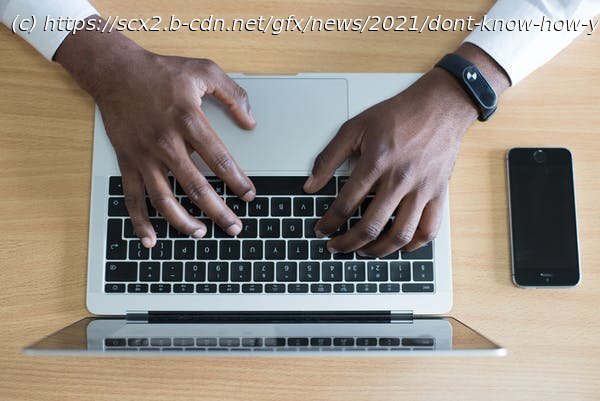Discussions about how Facebook operates have been high on the agenda over the past week as the US Congress investigates the platform’s impact. At the core of these discussions are questions of how Facebook uses data that …
October 22,2021 Discussions about how Facebook operates have been high on the agenda over the past week as the US Congress investigates the platform’s impact. At the core of these discussions are questions of how Facebook uses data that we, as users, generate. Similar questions can be asked of all the digital services we use, whether run by companies, governments, or other organizations. These platforms use our data to determine what content we see or which services we’re offered. Whether we realize it or not, this can affect our lives in a variety of ways. But how well do people understand these issues? Do they have a handle on the ways their data is being used? Do they know how to protect it from being used in ways they disagree with? If you feel your knowledge in this space is lacking, you’re not alone. We explored these sorts of questions in our “ Me and My Big Data “ project and found UK citizens‘ „data literacy“ to be quite low. Even for people with greater digital skills and broad digital engagement, their understanding of data issues might be best described as patchy. When we’re talking about data, this can encompass anything from data we „share“ on Facebook, to data covertly extracted from us such as our location and the device we’re using. The concept of data literacy has multiple overlapping components, from basic skills inputting data and sharing information, to thinking critically about data, to engaging with data issues. In a survey of 1,542 UK citizens, we measured data literacy by collecting information on more than 100 behaviors and attitudes, and asking questions to ascertain participants‘ knowledge of how digital platforms work.






